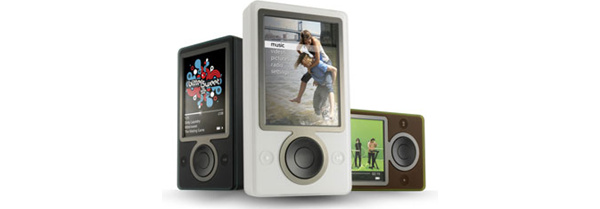
"Rivals including cell phone makers eventually could pay for hardware sales as well as for the music itself," Universal said. "We felt that any business that's built on the bedrock of music we should share in." Currently the iPod has almost an 80% share of the MP3 player market and iTunes is still by far the dominating legal music download store.
Due to these facts, Apple and Steve Jobs have been publicly credited with almost single-handedly creating the legal music download business. However, Jobs' reluctance to give record companies a share of iPod sales and other disputes they have had over the pricing of downloads could come back to bite Apple now that the competition is going to reach over boiling point.
"We were very early in working with Steve on the launch of the iPod and he's been a very good partner and done a lot for the industry," Doug Morris, chief executive of Universal said. "We have a current contract with him and at the end of that I'm sure we'll negotiate," he added (referring to a possible cut of iPod sales). Universal is responsible for one in three CD sales in the U.S.
Chris Stephenson, general manager for global marketing at Microsoft Entertainment stressed that the fee is not a new concept. "It's not a new conversation, it's been out there in the industry for a while," he said. "We've been careful in thinking about it from an economic point of view from day one." Universal believes that the deal with Microsoft may now set precedence for consumer electronics manufacturers, including mobile phone companies as they now compete to offer better music phones to consumers.
You don't have to look far to find out that the music industry has been fighting for these new "rights" for a long time; just look at the proposed "iPod tax" which was described as a fee paid when an MP3 player is purchased to compensate for lost revenue due to piracy.
Source:
Reuters
Written by: James Delahunty @ 10 Nov 2006 7:01
